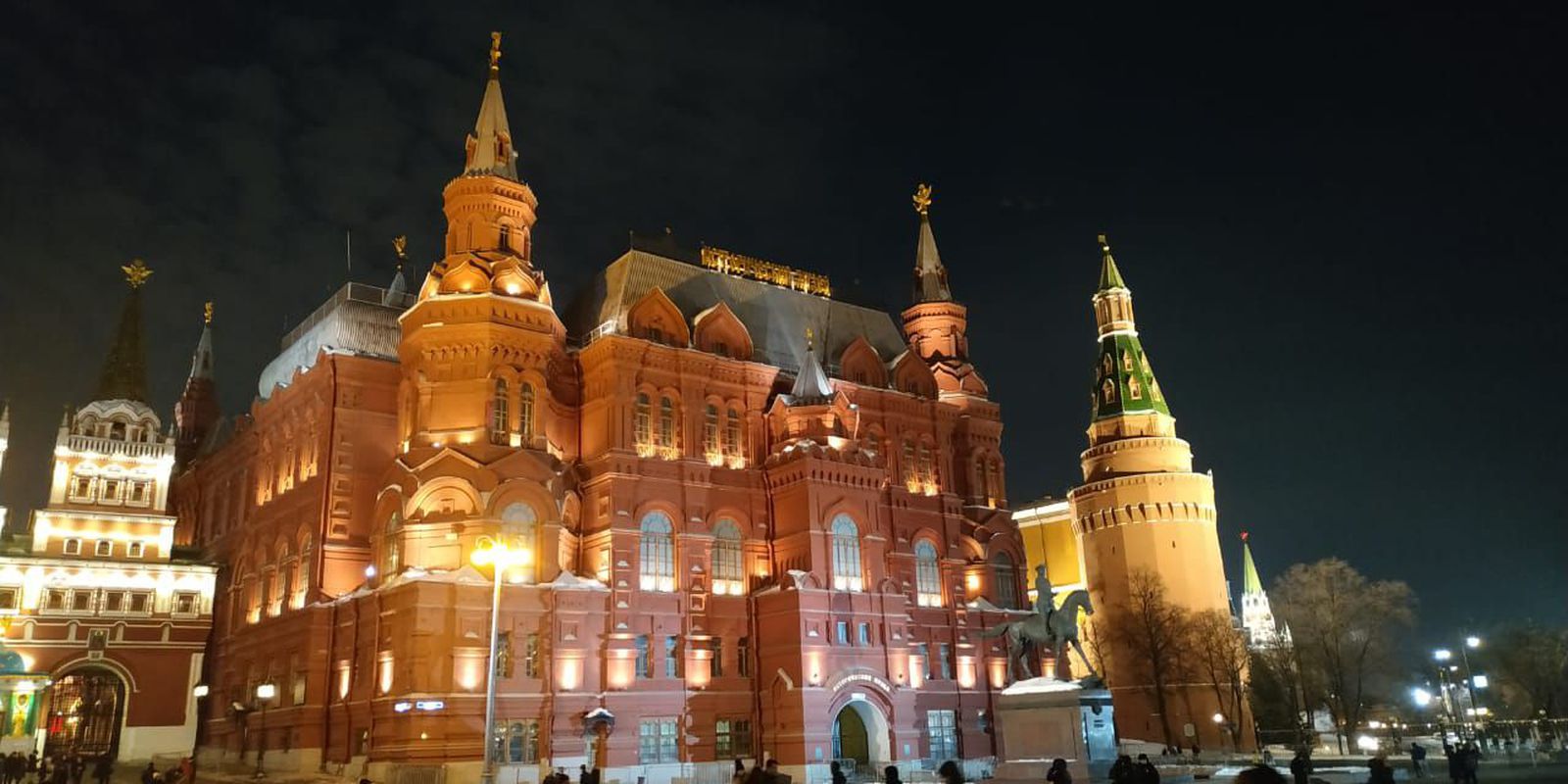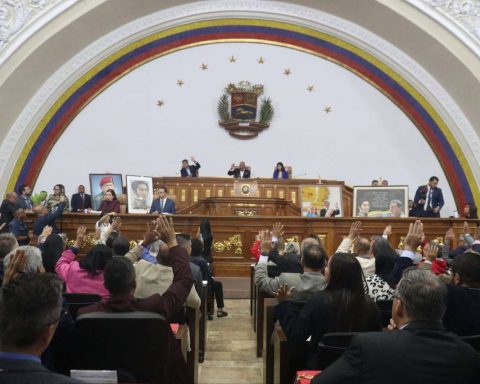The freezing of part of Russia’s international reserves added a new layer to the war between the country and Ukraine. A military and political conflict took on financial dimensions, creating the biggest obstacles for the Russian government, banks and companies to move resources since the end of the Soviet Union in 1991.
Announced on Saturday (26), the measure freezes Russian deposits in the following countries and territories: the United States, European Union, United Kingdom and Canada. According to the newspaper Financial Times, about $300 billion of the $630 billion in international reserves held by Russia were blocked overnight. In recent years, similar measures have been applied against Iran and Venezuela, but not on the current scale, with virtually all advanced economies banning the transaction of Russian assets.
In addition to the reserve freeze, Western countries are excluding Russian banks from the Swift payment system, a payment system between financial institutions in more than 200 countries, coordinated by the central banks of the world’s ten largest economies. This measure further complicates the functioning of the Russian financial system by delaying the payment of commercial and financial transactions.
At the beginning of the week, the financial war slipped into the real economy. The ruble depreciated by 20% on Monday (28th) and 10% today (1st) and is currently worth less than one cent on the dollar. The Russian Central Bank raised the base interest rate from 9.5% to 20% per annum and ordered exporters to convert 80% of the foreign currencies they received for sales of goods abroad into domestic currency. The Moscow Stock Exchange has not yet opened this week.
At the same time, the Russian government decided to increase purchases of gold from international reserves, to reduce dependence on Western currencies. In recent years, the country has diversified its foreign reserves, getting rid of US bonds, reducing the purchase of dollars and euros and investing in precious metals and the yuan, China’s currency. Currently, about 25% of Russian international reserves are in gold stored within the country and 15% are invested in Chinese currency.
impacts
The abrupt devaluation of the currency provoked a run on the banks. The Russian population wants to withdraw rubles to exchange them for stronger currencies such as the dollar and the euro. International reserves are not part of the capital that banks are required to keep fixed to guarantee customer withdrawals, but indirectly serve to support the financial system.
The $630 billion of Russian reserves is not in cash, nor is it stored in underground vaults, but is invested in liquid assets, which can be easily exchanged on the international market. Often deposited in other countries.
In the medium term, financial blockages create further difficulties for the real economy. Russian exports suffer simply because buyers are unable to pay for the goods, with the Swift system blocked. In addition, the exchange rate devaluation caused by the freezing of reserves increases inflation within Russia, harming the population, especially the poorest.
Alternatives
In theory, Russia will be able to partially circumvent the new restrictions, but that takes time. Regarding the Swift system, Russia has its own system for international payments and can use banks not affected by the blockade. In any case, commercial transactions with the rest of the world will pay more slowly.
The country can also make agreements so that purchases and sales of goods do not have to be paid in dollars or euros, but in the countries’ own currencies. In the event that Brazil buys Russian goods, it could be paid in reais and converted into rubles within a clearinghouse. This, however, depends on trade agreements being struck between the countries, which is unlikely in a time of war.
Regarding the difficulties in moving international reserves, Russia could count on China’s help. The Asian country currently holds the largest reserve on the planet, totaling US$ 3.4 trillion. The problem, however, will be the progressive dependence of Russia’s economy on its Asian neighbor and the Chinese government’s stance on the conflict. Today, the Ukrainian Ministry of Foreign Affairs announced that the Chinese government has made itself available to mediate negotiations between the two Eastern European countries.
















